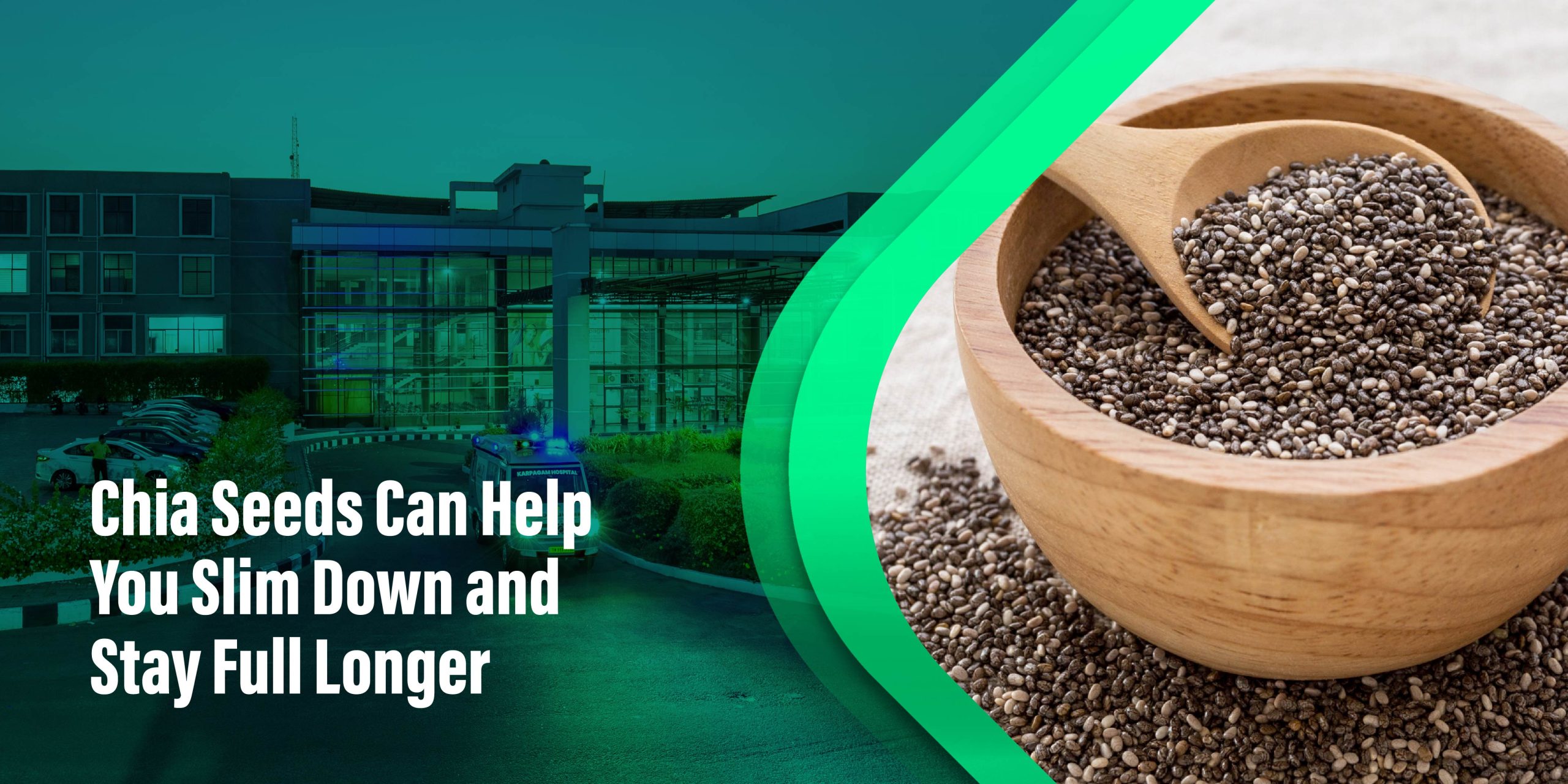Introduction
Hypertension, commonly known as high blood pressure, is a silent but potent threat to our health. It’s a condition that affects millions of people worldwide, yet many are unaware they have it. If left unmanaged, hypertension can lead to some serious complications, such as
heart attack disease, stroke, and kidney failure. Therefore, it is important to understand hypertension, its causes, the risks associated with it, and how it can be effectively managed for long-term health.
Hypertension has increased in today’s fast life, primarily because of unhealthful lifestyles, low levels of physical activity, and poor diets. In this article, we are going to discuss hypertension in detail and its causes, risks, and management techniques that may help in keeping this condition under control. At the end of the article, you’ll have a better understanding of how to detect high blood pressure early, manage it effectively, and reduce the risk of complications.
What is Hypertension?
Hypertension is a condition in which the force of blood against the walls of the arteries is consistently too high. Blood pressure is measured by two numbers: systolic pressure (the upper number, which refers to the pressure when the heart beats) and diastolic pressure (the lower number, referring to the pressure when the heart rests between beats).
A normal blood pressure reading is generally considered to be 120/80 mm Hg. Readings more than 130/80 mm Hg on a consistent basis diagnose hypertension.
Causes of Hypertension
Hypertension can be classified into two categories. Primary (essential) and secondary hypertension.
Primary Hypertension:
This is the most common type, making up about 90-95% of cases. It develops slowly over many years and does not have an identifiable cause. However, several factors contribute to the development of primary hypertension, including.
- Genetics: Family history plays a significant role in the development of hypertension. If your parents or relatives have high blood pressure, you are at a higher risk.
- Age: The risk of developing hypertension increases with age. The walls of the blood vessels begin to harden as we age, increasing the pressure from which the blood flows.
- Lifestyle: This is one of the significant causes. It includes eating less nutrient-rich food, high intake of salt, a sedentary lifestyle, and excessive intake of alcohol.
- Stress: Chronic stress raises blood pressure, especially when stress is linked to a more adverse lifestyle, such as overeating and smoking.
Secondary Hypertension:
This is an existing disease or medication that may lead to hypertension. Among its causes are
- Kidney disease: Long-standing kidney diseases can affect the regulation of blood pressure.
- Sleep apnea: The sleeping disorder causes cessation of breathing several times as a result of which the probability of getting high blood pressure increases.
- Medication: Some birth control pills, decongestants, and corticosteroids, among others, elevate blood pressure.
- Thyroid disease: Hypothyroidism and hyperthyroidism may impact blood pressure.
Risk Factors for Hypertension
While it is an ordinary condition, various people are more likely to acquire this disease. Understanding risk factors for hypertension will lead them to early detection and prevention of the disease. The factors involved.
- Age: Blood pressure increases with age, with the increase being more evident after age 45 for men and 55 years for women.
- Family History: Genetics plays a critical role. If your parents or siblings have high blood pressure, you will likely be at a greater risk.
- Race: African Americans generally tend to have a greater risk of developing hypertension earlier in life than other races.
- Obesity: Being overweight will increase the workload on the heart. This results in an elevated blood pressure.
- Lack of Exercise: Physical inactivity results in overweight and high blood pressure.
- Diet: High intake of salt, fat, and processed foods causes high blood pressure.
- Excessive Alcohol Intake: High alcohol consumption raises blood pressure.
- Tobacco Consumption: Smoking damages blood vessels and causes high blood pressure.
- Chronic Kidney Disease: The diseases affecting the functioning of the kidneys cause hypertension.
- Sleep Apnea: Untreated sleep apnea increases the risk of developing high blood pressure.
Signs and Symptoms of Hypertension
Hypertension is known as a “silent killer” because it usually does not present with any noticeable symptoms. Many people with high blood pressure do not experience any signs until the condition is severe. However, some people may notice the following symptoms.
- Headaches: Persistent or severe headaches especially in the morning, may indicate high blood pressure.
- Shortness of breath: Breathlessness or windiness may be a symptom of some cardiovascular problems resulting from high blood pressure.
- Nosebleeds: Sudden, recurrent nosebleeds may be a symptom of some uncontrolled high blood pressure.
- Dizziness or Lightheadedness: This can happen because of insufficient blood flow to the brain.
- Fatigue: Feeling tired or weak, especially after minor activities, may be related to high blood pressure.
- Vision Problems: Damage to the vessels that supply blood to the eyes can cause blurred or narrowed vision.
Although some symptoms cannot be related to the development of high blood pressure, they need to be diagnosed by a healthcare professional if they occur.
Controlling Hypertension
The good news is that hypertension can be controlled effectively with lifestyle combined with medication if needed. Management of blood pressure can be attained through the following ways.
- Healthy Diet: The DASH Diet (Dietary Approaches to Stop Hypertension) proved to be an effective eating plan; it focuses on fruits, vegetables, whole grains, lean proteins, and low-fat dairy while reducing salt and saturated fats.
- Reduce Salt Intake: It is essential to reduce sodium intake. Try to get less than 2,300 milligrams of sodium per day and, ideally, no more than 1,500 milligrams.
- Increase Potassium: Foods high in potassium include bananas, spinach, and sweet potatoes. These can help counterbalance sodium levels in the body.
- Regular Exercise: At least 30 minutes of exercise on most days of the week can lower blood pressure. Aerobic activities such as brisk walking, jogging, cycling, and swimming are most effective.
- Weight Loss: Even small reductions in weight have been linked to substantial blood pressure decreases. These benefits are greatest for obese or overweight individuals.
- Limit Alcohol: Drinking alcohol in moderation can help keep blood pressure in check. This means no more than two drinks a day for men, and for women, no more than one.
- Quit Smoking: Smoking raises blood pressure and damages blood vessels. Quitting smoking can have an immediate and long-lasting effect on blood pressure levels.
- Stress Management: Practicing relaxation techniques such as deep breathing, meditation, and yoga can reduce stress, which in turn can lower blood pressure.
Conclusion
Hypertension is a serious medical condition, but it is not an impossible disease to be controlled with proper lifestyle modification and medical care. It will only be possible to reduce the risk of complications and keep blood pressure healthy by knowing what causes hypertension, risks involved, and its management techniques. Regular check-ups, diet, physical activity, and managing stress can make a lot of difference in keeping your heart and body healthy for a long time.
Disclaimer:
The information provided in this blog post is intended for general informational purposes only. It is not a substitute for professional medical advice, diagnosis, or treatment. Always seek the advice of your physician or other qualified healthcare provider with any questions you may have regarding a medical condition. Never disregard professional medical advice or delay in seeking it because of something you have read in this blog.








